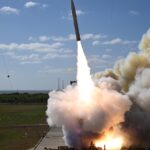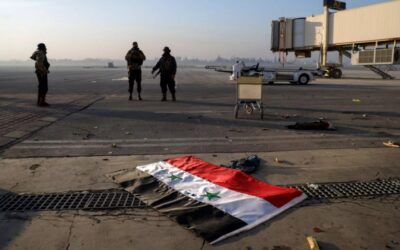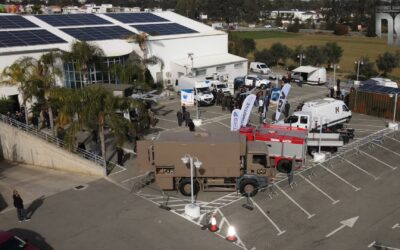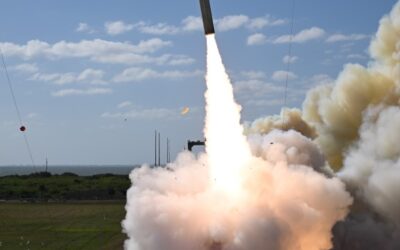The US military announced midday Friday that it had killed ISIS leader Abu Yusuf in an airstrike in Deir ez-Zor province.
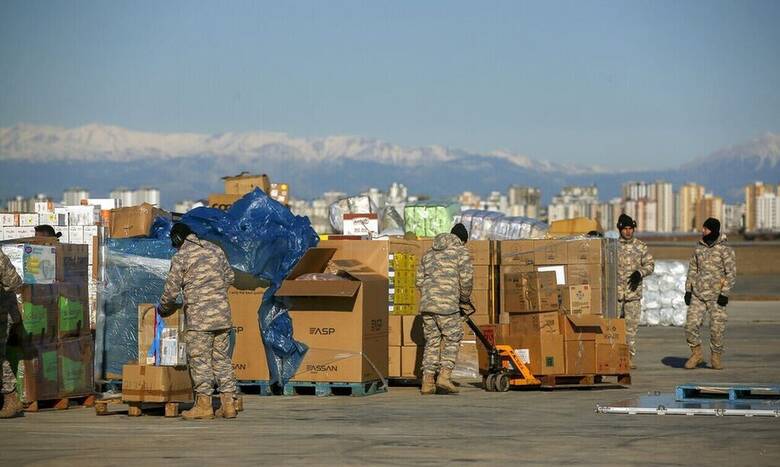
Syria’s government has extended for three months the permission it has given to distribute humanitarian aid to rebel-held areas after the February 6 earthquake. The aid is sent by Turkey through two border crossings, the United Nations announced yesterday Saturday.
Following an urgent request as the permit expired yesterday, Damascus gave the UN permission to continue using the Bab al-Salamah and al-Rai border crossings for an additional three months, Eri Kaneko, a spokeswoman for the Office for the Coordination of Humanitarian Affairs (OCHA), told AFP.
This decision is based on Syria’s desire to increase stability and improve the living standards and humanitarian situation of all Syrians. It was made as part of its efforts to facilitate the delivery of humanitarian aid to all those who need it across Syria, she added.
In 2014, a UN Security Council resolution approved a mechanism to use four border crossings on the Turkey-Syria border to distribute humanitarian aid to rebel-held areas in northern and northwestern Syria, home to more than 4 million people.
But under pressure from Moscow, only the Bab al-Hawa crossing remained operational after 2020.
Following the February 6 earthquake that caused massive destruction in southern Turkey and northern Syria, NGOs and Syrian opposition parties criticized the slowness of aid deliveries from the UN in these areas, where the population was already experiencing difficult conditions before the tragedy.
A week later, Damascus agreed to let the UN use two more border crossings on the border with Turkey to deliver tents, blankets, and cholera kits.
According to the UN, Syria will need at least $15 billion to recover from the earthquake, which has killed around 6,000 people in its territory, not counting the roughly 50,000 dead in Turkey.
Syria has been ravaged since the war that broke out in 2011, with at least half a million dead, millions of internally displaced people and refugees, and massive destruction of infrastructure. Some sectors of the country are currently outside the control of the government, CNN Greece says.
Also read: Turkey | Photos of “neutralization” scene of Islamic State leader
READ MORE
Germany | Record Arms Exports to Turkey
German arms exports and defence ties have effectively been on hold since 2016. However, this is now changing due to the complex…
OPCW | Urgent Meeting on the Syrian Stockpile
The Organisation for the Prohibition of Chemical Weapons (OPCW) will hold an emergency meeting on Thursday to address concerns…
USA | The leader of the Islamic State was killed in an airstrike in Syria
The US military announced midday Friday that it had killed ISIS leader Abu Yusuf in an airstrike in Deir ez-Zor province.
THEON INTERNATIONAL | German parliament approves the exercise of the 3rd option of the OCCAR Night Vision contract
Theon International Plc (THEON) announces that the Defence and Budget Committees of the German Parliament approved yesterday a new…
BATTLEFIELD ReDEFiNED 2024 | The premier Defence and Security Conference Successfully Concludes in Cyprus – Photos
The International Defence and Security Conference “BATTLEFIELD ReDEFiNED 2024” was successfully concluded on Friday, 13, December 2024…
Dark Eagle | Successful Test of Hypersonic Missile by the US Army
The US Army has successfully conducted a test launch of its new hypersonic missile system, “Dark Eagle,” after two years of delays.
GCAP | Industry Partners Reached a Landmark Agreement to Deliver Next-Gen Combat Aircraft
BAE Systems (UK), Leonardo (Italy), and Japan Aircraft Industrial Enhancement Co Ltd (JAIEC) have reached an agreement to form a new…
Completion of the French-Hellenic Defence Innovation Symposium
On 12 and 13 December, 2024, the Hellenic Centre of Defence Innovation (HCDI) organised the first French-Hellenic Defence Innovation…











